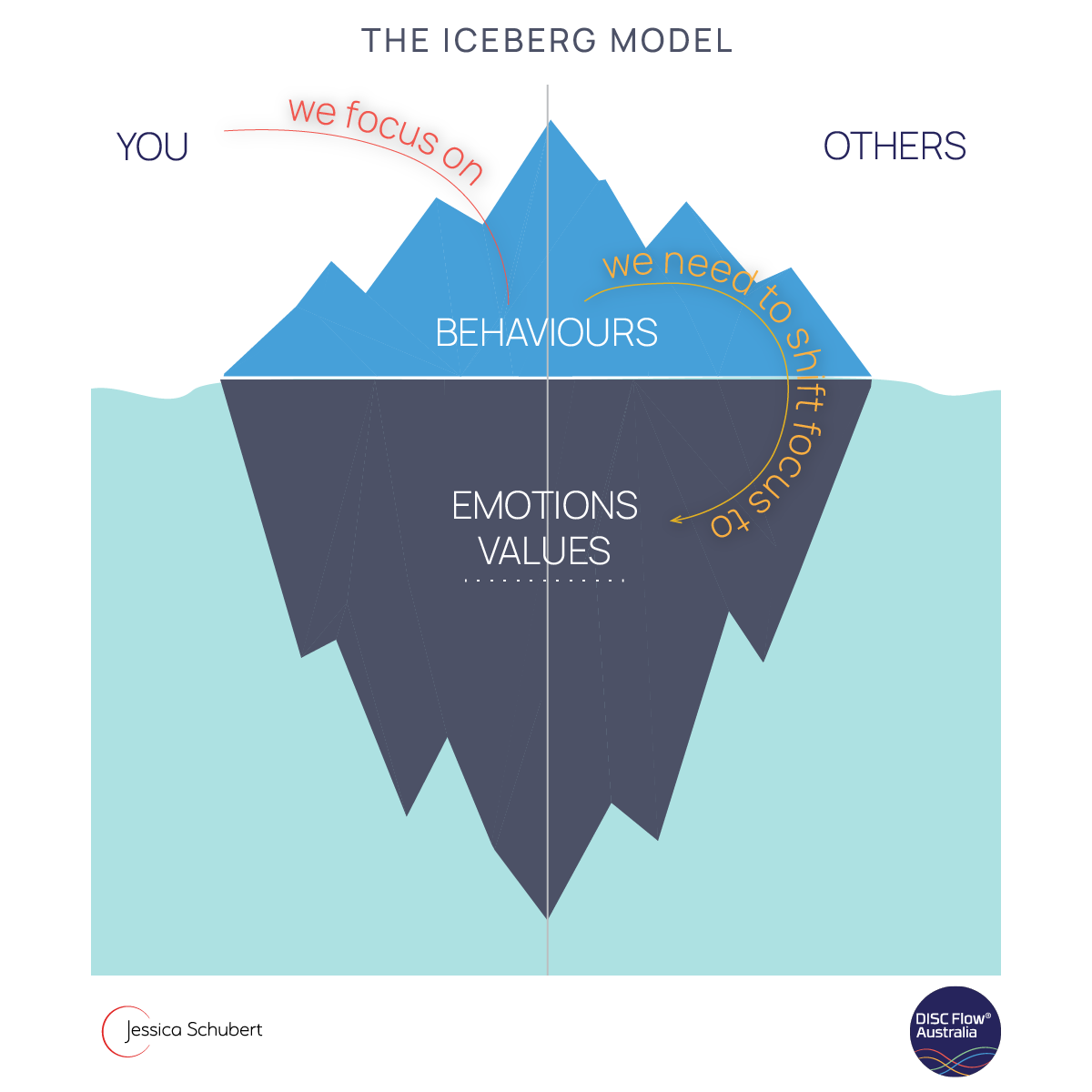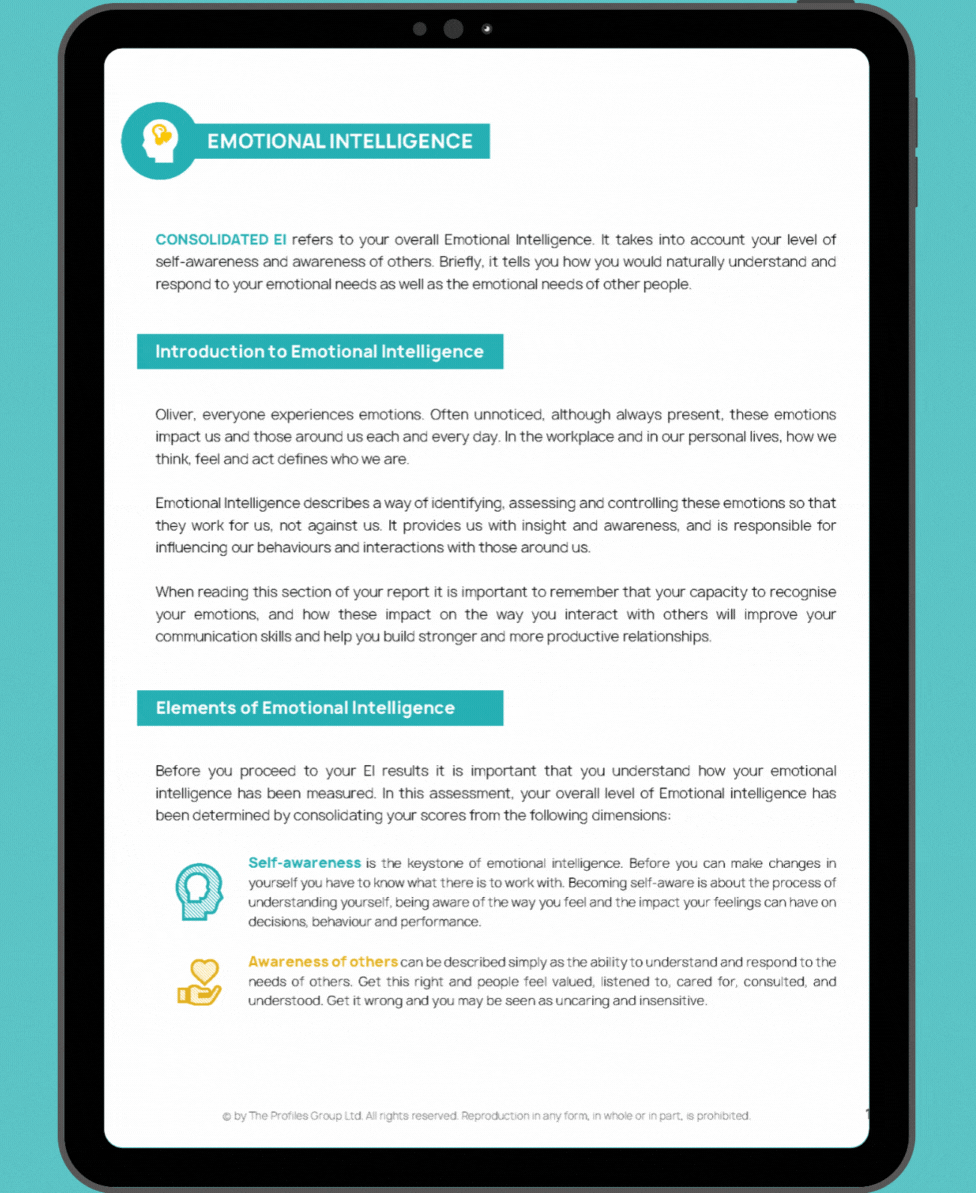What People Need And Want
Influencing others to make a buying (or buy-in) decision has been part of my working life for almost three decades now. Learning about the different ways people prefer to interact and communicate and therefore figuring out what they need from me has helped me improve my influencing skills immensely.
But knowing what someone wants and what’s important to them = identifying their values, has been a game changer.
I was facilitating a workshop teaching influencing skills with a group of senior leaders this week. When I asked, ‘What do you think is more important to find out: what people need or what people want?’ The collective answer was ‘what they need’.
Here is the thing, they are both important, but we often stop after we figure out what someone needs. Identifying what is truly important to a person - what their values are - takes your influencing skills a step further.
Humans are emotional creatures that happen to think
Neuroscience has shown that our emotional brain circuitry first screens all information coming to us before our thinking brain gets a look in. The way people feel about decisions impacts what they do. Values are what we think to be the right thing to do. They are qualities of purposeful action. Identifying what is important to someone helps influence their decision-making. Let me explain this with the help of the Iceberg Model:

Humans can be described as icebergs. Above the waterline is what you can observe when interacting with someone – their behaviours. Underneath the waterline is what others can’t see, like our culture, upbringing, experience, fears and also our emotions and values. What’s interesting is that everything at the bottom of our own personal iceberg drives our behaviour.
When we influence people, we often focus only on their behaviour, how they react and communicate. Flexing our own behaviour style to meet the other person where they are is definitely a powerful way to help them to come to a decision as we help them to ‘fulfil their need’.
Don’t stop here. Shift your focus to the bottom of the iceberg and ask open questions about their values. This is particularly powerful when you disagree with someone or if you find it challenging to convince them. Shift from the issue to ‘why’.
|
More often than not, when people disagree with something, one or more of their values are compromised. And values are closely connected to our emotions because values are what we feel to be important and the right thing to do. |
What people want is important
In her book, Emotional Agility, Susan David talks about how identifying your values helps you live the life you want. She describes values as ‘serving as a kind of psychological keel to keep you steady.
How does DISC Flow help?

DISC Flow is different to other DISC Assessments as it includes emotional intelligence. Our DISC Flow Core Report gives individuals insights into
- why they do what they do = their natural behaviour style
- why other people do what they do = other behaviour styles
- their level of emotional intelligence; self-awareness, and awareness of others
- how to meet other people by flexing own style = emotional intelligence
Understanding that both behaviour and emotions play a role in how people operate and what that looks like for each individual builds the foundation of influencing. DISC Flow is the best tool to get to these insights quickly
We certify trainers in debriefing DISC reports and embedding DISC in leadership workshops all year around. Here are our next dates:
Tuesday 18th October 2022
One full day face-to-face
Melbourne CBD
Tuesday 29th November & Thursday 1st December 2022
Two half-days live online via Zoom 12.00pm - 5.00pm AEDT (Melbourne)
If you would like to bring the power of DISC Flow into your organisation or coaching practice, enroll now to join us, as places are limited.












